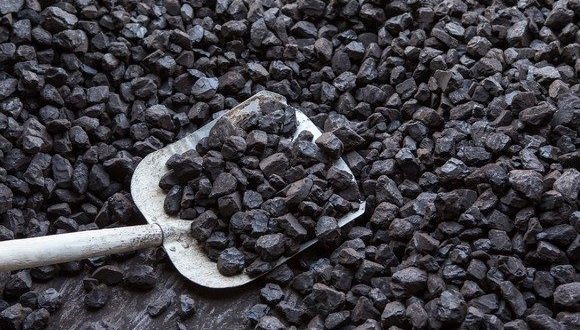

The aluminium sector, which has played a vital role in India's V-shaped economic rebound, has asked for the cess on coal to be removed from the Union Budget, which will be delivered on Tuesday, in order to cut increasing electricity costs for manufacturers.

In addition, the NITI Aayog has raised the issue of high power costs for Indian aluminium production, resulting in a competitive disadvantage compared to foreign competitors. The coal cess alone accounts for 20% of the cost of extracting coal. As a result, India is one of the most costly countries to manufacture coal-based power, despite having a comparative edge in coal reserves. The coal cess has been raised many times, from Rs 50 per MT to Rs 400 per MT.
Currently, coal cess contributes to the higher electricity cost burden, raising aluminium production costs from $8/MT to $64/MT.
"India’s aluminium demand is growing at a rate of 10% with economic revival of major consumer sectors like defence, aerospace, aviation, infrastructure, SMART cities, solar mission, electrical, automobiles, packaging, consumer durables among many. It has today rightly been identified amongst the Champion Sectors, where India can be a global leader,” said Association of Aluminium Industries.
"India enjoys a unique natural advantage to become a global manufacturing hub for aluminium on the back of abundant raw material availability for Aluminium production (5th largest Bauxite and Coal reserves) huge pool of manpower, large market and strategic geographical location. However, aluminium is a highly capital and power-intensive industry, which takes huge investments of over Rs 50,000 Cr to set up 1 mtpa aluminium smelter with alumina refinery & power plants", added Association of Aluminium Industries.
The high coal cess for non-power businesses is threatening the viability of India's power-intensive industries, particularly the aluminium industry, where coal accounts for 40% of production costs. Aluminium, for example, has high price sensitivity in the global commodities markets. According to the report, the existing coal cess raises the cost of aluminium by Rs. 4800/MT (USD 64), making Indian aluminium uncompetitive in global markets.

A NITI Aayog paper titled "Need for Aluminium Policy in India" also underlined the issues faced by Indian aluminium companies due to high power costs, which puts them at a competitive disadvantage compared to foreign competitors.
Responses








